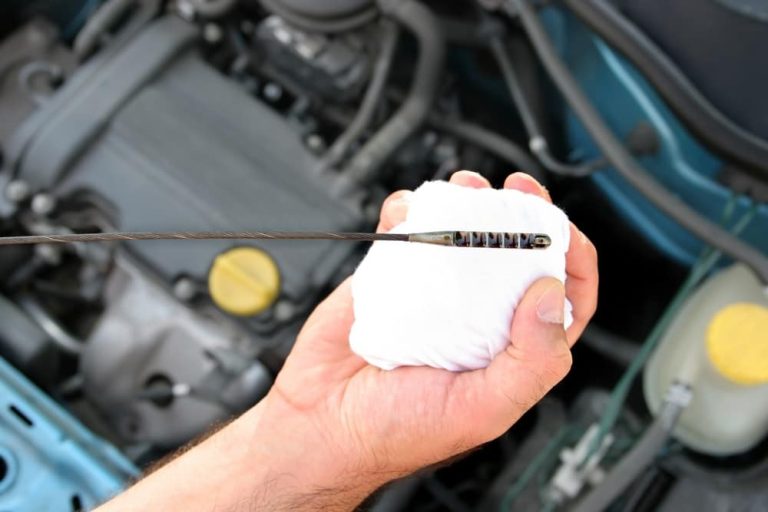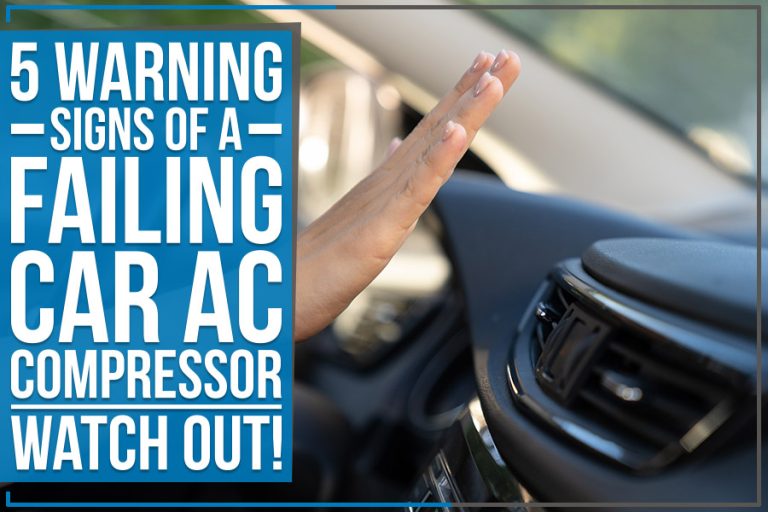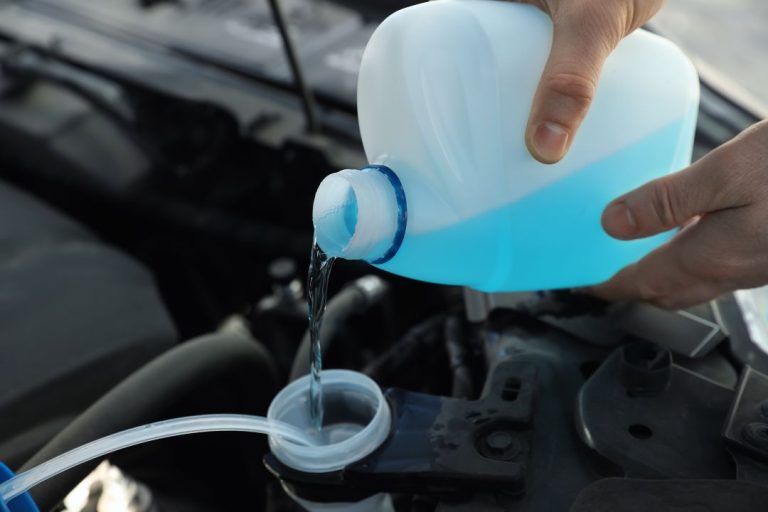How to Know Your Car Needs Oil: Essential Signs to Watch For
You can tell your car needs oil by checking the oil level on the dipstick. Signs of low oil include dashboard warning lights, decreased performance, and burning oil scent.
Ignoring these can lead to engine damage. Regularly checking and changing your car’s oil is crucial for proper engine function and vehicle longevity. Remember, prevention is always better than cure when it comes to your car’s engine health. It is important to recognize these warning signs to ensure your car stays in top condition.
By staying proactive with oil maintenance, you can avoid costly repairs and keep your vehicle running smoothly for years to come.
Recognizing Low Oil Signs
Recognizing low oil signs is crucial for maintaining your car’s health. Look out for the oil pressure warning light, decreased performance, strange noises, burning oil scent, and sluggishness. Regularly check your oil level to prevent potential damage to your engine.
Oil Pressure Warning Light
Your vehicle’s dashboard alerts you through the oil pressure warning light, indicating a possible low oil level.
Decreased Performance
Low oil can lead to decreased engine performance, affecting your car’s overall operation and efficiency.
Strange Noises
If you start hearing unusual grinding or knocking noises coming from the engine, it could be a sign of low oil.

Credit: m.facebook.com
Detecting Oil Leaks
One crucial aspect of maintaining your car’s health is detecting oil leaks promptly. By checking for various signs of oil leaks, you can address any potential issues early on. Here are some key indicators to watch out for:
Visible Oil Puddle
If you notice a visible pool of oil under your parked vehicle, it is a clear sign of an oil leak. This is a serious issue that requires immediate attention to prevent further damage to your engine.
Oil Drips
Another common indicator of an oil leak is the presence of oil drips under your car when it is parked for an extended period. These drips may appear as dark, wet spots on the ground and can signify a leak in your oil system.
Top Of Engine Leak
An oil leak at the top of the engine can be trickier to detect as it may not always result in visible oil puddles. Keep an eye out for any oily residue or dampness near the engine components, which could indicate a leak from above.
Understanding Car Performance Symptoms
Signs of low engine oil include oil pressure warning light, decreased performance, strange noises, burning oil smell, and sluggishness. Regularly check oil levels to avoid engine damage.
Burning Oil Smell
If your car emits a burning oil smell, it indicates potential oil leaks or engine issues. The smell might resemble burnt plastic or exhaust, which demands immediate attention to prevent severe damage to the engine.Engine Overheating
Engine overheating is another critical sign of low oil levels or poor oil quality. If your temperature gauge rises above the normal range, it’s crucial to check your oil levels and quality. Ignoring this could lead to costly repairs.Sluggish Vehicle Performance
Sluggish vehicle performance can be a result of inadequate lubrication due to low oil levels. This can lead to increased friction and wear on engine components, affecting the overall performance of your vehicle. It’s important to address this promptly to avoid long-term damage.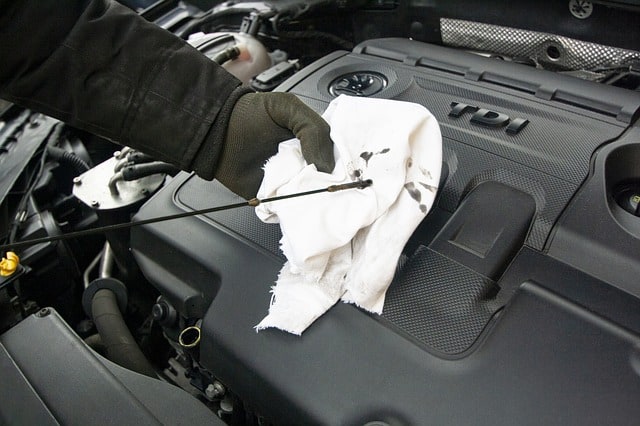
Credit: gtautomotive.com
Knowing When To Add Oil
Regularly checking and maintaining the proper oil level in your car is essential for its smooth functioning and longevity. Knowing when to add oil can help prevent engine damage and costly repairs. Here are three key signs to be aware of:
Illuminated Oil Pressure Warning Light
One of the most definitive indicators that your car needs oil is an illuminated oil pressure warning light on your dashboard. This light is designed to alert you to low engine oil levels, providing timely warning before any major damage occurs. If you see this light, it’s crucial to stop your vehicle safely and add oil immediately.
Burning Oil Smell
If you notice a strong, unpleasant smell of burning oil while driving or when your car is parked, it may be an indication that your car needs oil. The smell could indicate that the engine is running low on oil or that oil is leaking onto hot engine parts. It’s important to investigate and address this issue promptly to prevent potential engine damage.
Knocking Or Clunking Noises
Unusual knocking or clunking noises coming from your car’s engine can be a sign of low oil levels. Insufficient lubrication causes friction between metal components, resulting in these abnormal sounds. If you hear any knocking or clunking noises, be sure to check your oil level and top it up if necessary.
Remember, these signs indicate that your car is in need of oil. Topping up your oil is typically not recommended unless the level is below the minimum mark. If you are unsure about adding oil yourself, it is best to consult a professional mechanic or visit a trusted auto service center for assistance and an oil change service.
Taking Action For Oil Change
Noticing warning lights, engine noise, or a burning smell could indicate low oil levels. Keep a check on oil changes for optimal car performance.
Check Engine Or Oil Change Light
If there’s any indication that your car is in need of an oil change, it’s the dreaded check engine or oil change light. This warning light is designed to catch your attention and let you know that something is amiss with your vehicle’s oil. It’s important not to ignore this warning, as continued driving with low or dirty oil can lead to serious damage to your engine. If your check engine or oil change light comes on, it’s time to take action and get your car’s oil changed.
Dark, Dirty Oil
Another telltale sign that your car is in need of an oil change is dark, dirty oil. When oil is fresh, it is a light amber color and clean in appearance. However, over time, the oil becomes contaminated with dirt, debris, and combustion by-products, causing it to darken and become sludgy. This dirty oil not only fails to lubricate your engine properly but can also lead to increased wear and tear on engine components. If you notice that your car’s oil appears dark and dirty, it’s time for an oil change to keep your engine running smoothly.
Excessive Mileage
As the saying goes, “the more you drive, the more you need to maintain.” This holds true for your car’s oil as well. Excessive mileage is another clear sign that it’s time for an oil change. Over time, the oil in your engine breaks down and loses its effectiveness, especially under high mileage conditions. This can lead to decreased lubrication and increased friction, causing unnecessary wear and tear on your engine. If your car has reached the manufacturer’s recommended mileage for an oil change, it’s important to take action and get it serviced.
Now that you know the signs that your car needs an oil change, it’s important to take action and get it done. Regular oil changes are key to maintaining the health and longevity of your engine. By addressing these warning signs promptly, you can avoid expensive repairs in the future and keep your car running smoothly. Don’t wait until it’s too late—schedule your oil change today to keep your engine in top shape.
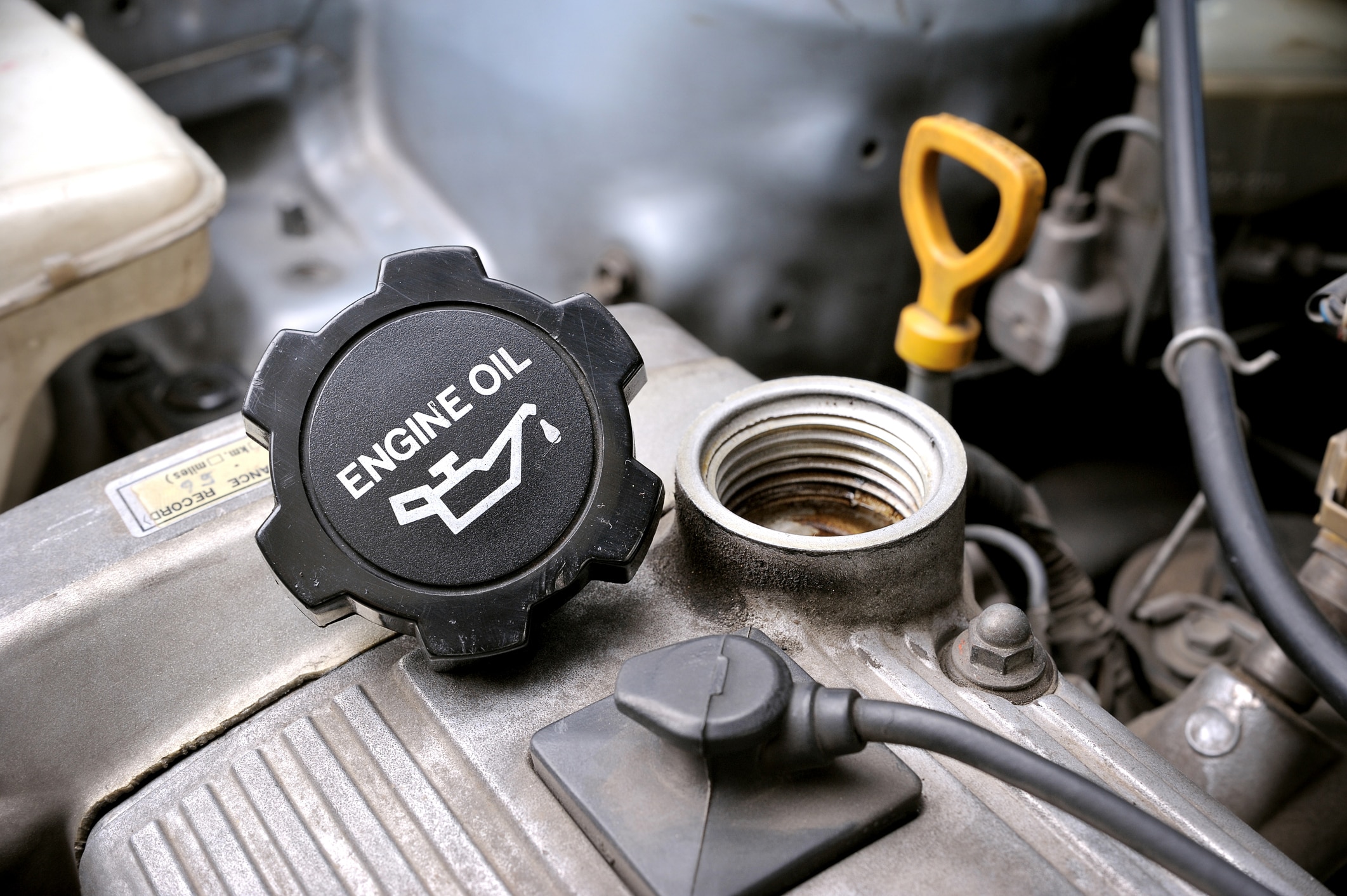
Credit: www.tiresplus.com
Frequently Asked Questions For How To Know Your Car Needs Oil
What Are The Symptoms Of Low Oil In A Car?
Low oil symptoms in a car include oil pressure warning light, decreased performance, strange noises, burning oil scent, and engine overheating.
Can I Just Add Oil To My Car?
Adding oil to your car is not recommended unless the oil level is below the minimum mark. If you are running low on oil, it is better to top it off temporarily and get an oil change service as soon as possible.
How Do You Know If Your Car Is Almost Out Of Oil?
To know if your car is almost out of oil, look out for these signs: 1. Illuminated oil pressure warning light. 2. Burning oil smell. 3. Knocking or clunking noises. 4. Engine overheating. 5. Sluggish vehicle performance. 6. Poor fuel economy.
7. Car stalling.
How Do You Know If Your Car Is Losing Oil?
Signs that your car is losing oil include low oil level, burning oil smell, engine knocking, and oil pressure warning light. Regularly check the oil level and look for any visible oil leaks under the car. If you notice any of these signs, seek professional help for inspection and repair.
Conclusion
It’s crucial to recognize the signs indicating that your car needs an oil change. Pay attention to dashboard warnings, engine noises, oil color, and unusual smells, as these could imply low oil levels or contaminants. Regular oil checks and scheduled maintenance can ensure your car performs optimally and avoids costly repairs.




